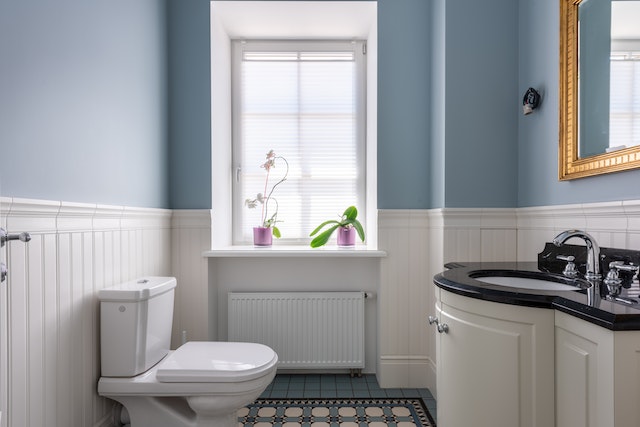
How much can a bladder hold? Approximately 500 ml in women and 500 ml in men.
The bladder is an expandable muscular sac. It has an inner lining of cells, three layers of muscle, a layer of fat, and then another layer of cells. It is connected to the urethra at the bottom and has a sphincter (a ring of muscle) to keep it closed. When you urinate, the sphincter relaxes and the muscles in the bladder wall tighten to squeeze out the urine.
The urine in the bladder comes from the kidneys. Blood flows into your kidneys through the renal artery. The artery branches out into smaller and smaller blood vessels and the kidneys filter the waste and excess water out of the blood. The cleaned blood is sent out through the renal artery. The kidneys filter 180 liters of blood every day. The waste that the kidneys take out of the blood is called urea and the kidneys send it down two tubes called ureters to the bladder. The bladder starts to swell as it fills with the urea and the water from the kidneys. The more water you have in your body, the more water will be in your blood and the more water will get sent to your bladder. Conversely, if you are dehydrated, you will have less water going into your bladder. As an interesting aside, if you eat a lot of salt you will get thirsty because your body needs to maintain the level of sodium so it uses a lot of water from the body to wash the salt out. If you eat a lot of salt, your bladder will fill up and you will be thirsty.
As your bladder starts to fill, it expands. Inside the wall of the bladder are receptors that are connected to nerves. These receptors tell your brain how much your bladder has expanded. When the bladder gets to a certain size, the brain sends a signal to you that you need to go to the toilet. This point is different for everybody, but it tends to happen when the bladder contains about 200 ml of urine. At this point the feeling is mild and you can safely ignore it. As the bladder continues to expand, the signals to your brain increase and the message that you need to go to the toilet gets stronger. The muscles around the bladder contract to make sure that they don’t squeeze anything out.
If you don’t satisfy the urge, your bladder will continue to expand. By the time it gets to about 500 ml (again, everybody is different), the signal from your brain will be telling you that you really should be finding a toilet round about now. Most people will very rarely go beyond this point. If you still don’t go to the toilet and your bladder has reached about a liter, your brain will be screaming that you need to pee and it will be the only thing you can think about. You will be in a lot of pain. Your bladder can hold several liters before it ruptures, but you will not be able to stand it that long and you will probably involuntarily wet yourself.
Depending on how much we have drunk, we can last for several hours without needing to go to the toilet. So, why don’t we pee ourselves when we’re asleep? Once we have passed a certain age and have learned how to control our bladders, we don’t urinate while we are asleep. This is down to a hormone called antidiuretic hormone (ADH). Your kidneys filter the water out of your blood, but this only works if you are taking in water as well. When you are asleep, there is no water coming in to the body, so the hypothalamus releases ADH which tells your kidneys to reabsorb the water back into the blood after it has been filtered. This helps the body avoid dehydration through the night. The kidneys still filter out some of the water, but it takes much longer for your bladder to fill, which is why you need to go to the toilet when you wake up. Some things can suppress ADH, such as caffeine and alcohol, which is why you might need to get up in the middle of the night if you have drunk either of those. The brain produces ADH throughout the day as well, but in lower quantities. This is also the reason why drinking coffee makes you need the toilet more often. Caffeine suppresses the ADH and your kidneys absorb more of the water out of the blood and send it to the bladder. And this is what I learned today.
Photo by Max Rahubovskiy: https://www.pexels.com/photo/interior-of-a-comfort-room-with-wood-panels-8143713/
Sources
https://cancer.ca/en/cancer-information/cancer-types/bladder/what-is-bladder-cancer/the-bladder
https://medlineplus.gov/urineandurination.html
https://www.niddk.nih.gov/health-information/kidney-disease/kidneys-how-they-work
https://www.healthline.com/health/how-long-can-you-go-without-peeing#your-bladder
https://www.ncbi.nlm.nih.gov/books/NBK279384/
https://www.healthdirect.gov.au/bladder
